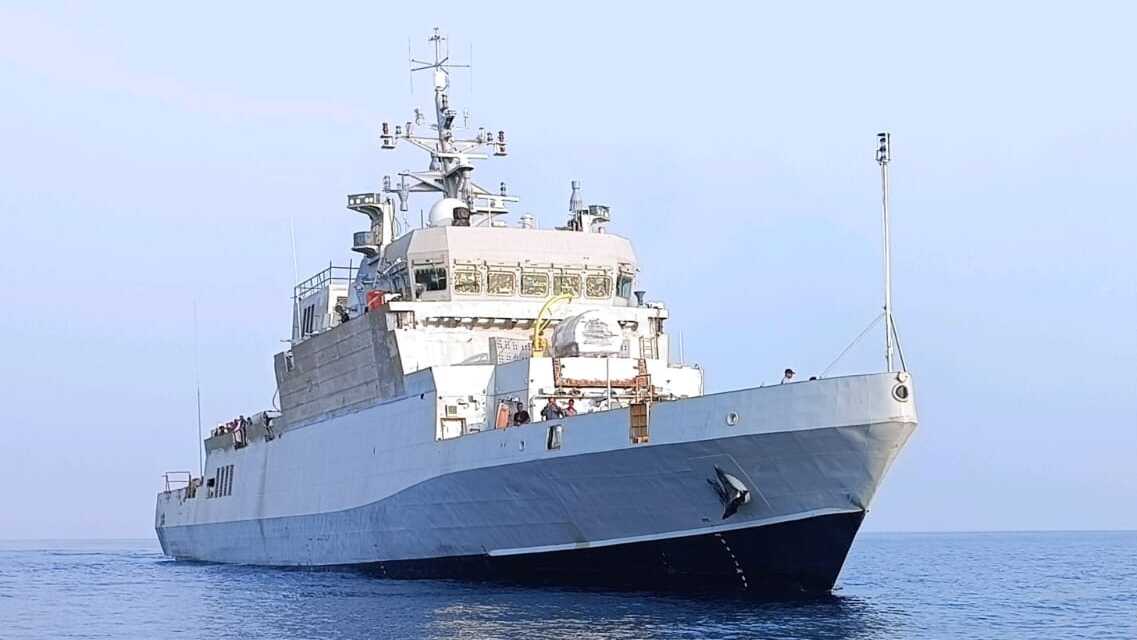- Courses
- GS Full Course 1 Year
- GS Full Course 2 Year
- GS Full Course 3 Year
- GS Full Course Till Selection
- Online Program
- GS Recorded Course
- NCERT (Recorded 500+ Hours)
- Polity Recorded Course
- Geography Recorded Course
- Economy Recorded Course
- AMAC Recorded Course
- Modern India, Post Independence & World History
- Environment Recoded Course
- Governance Recoded Course
- Science & Tech. Recoded Course
- International Relations and Internal Security Recorded Course
- Disaster Management Module Course
- Ethics Recoded Course
- Essay Recoded Course
- Current Affairs Recoded Course
- CSAT
- 5 LAYERED ARJUNA Mentorship
- Public Administration Optional
- ABOUT US
- OUR TOPPERS
- TEST SERIES
- FREE STUDY MATERIAL
- VIDEOS
- CONTACT US
WEF Global Plastic Action Partnership (GPAP)
WEF Global Plastic Action Partnership (GPAP)
10-03-2025

The Global Plastic Action Partnership (GPAP) has welcomed new members, including Angola, Bangladesh, Gabon, Guatemala, Kenya, Senegal, and Tanzania.
About GPAP
The Global Plastic Action Partnership was launched at the Sustainable Development Impact Summit in 2018 by the World Economic Forum (WEF).
It functions as the plastic pillar of the Platform for Accelerating the Circular Economy and Friends of Ocean Action.
- Present Membership: GPAP currently has 25 members, including Maharashtra State from India.
- Objectives: The partnership aims to accelerate the global response to the plastic pollution crisis by bringing together governments, businesses, and civil society. It also focuses on advancing a circular plastics economy to reduce emissions and protect land and ocean ecosystems.
- Key Activities: GPAP supports countries in developing National Action Roadmaps and Investment Mobilization for waste management.
Challenges in Handling Global Plastic Waste
Plastic waste has become a global crisis with several key challenges:
- Scalability: Since 2000, global plastic waste has more than doubled, as per the OECD’s Global Plastic Outlook Report (2022). In 2024, India became the world’s largest plastic emitter country.
- Limited Recycling: Globally, only 9% of plastic waste is recycled, while 19% is incinerated, and almost 50% ends up in sanitary landfills.
|
India’s Initiatives for Plastic Waste Management India has taken several steps to combat plastic pollution:
|
Impact of Plastic Waste
Plastic pollution poses significant environmental, health, and economic challenges:
- Environmental Impact: Plastic waste affects all ecosystems—land, freshwater, and marine. It leads to biodiversity loss, ecosystem degradation, and contributes to climate change. Plastic pollution is responsible for an estimated 1.8 billion tonnes of greenhouse gas emissions annually, especially methane from landfills.
- Health Impact: Plastics, particularly in the form of microplastics, enter the food chain, posing risks to both animal and human health.
- Economic Impact: The plastic crisis affects sectors such as tourism, fisheries, agriculture, and water safety, leading to income losses.
|
Also Read |
|
| FREE NIOS Books | |




